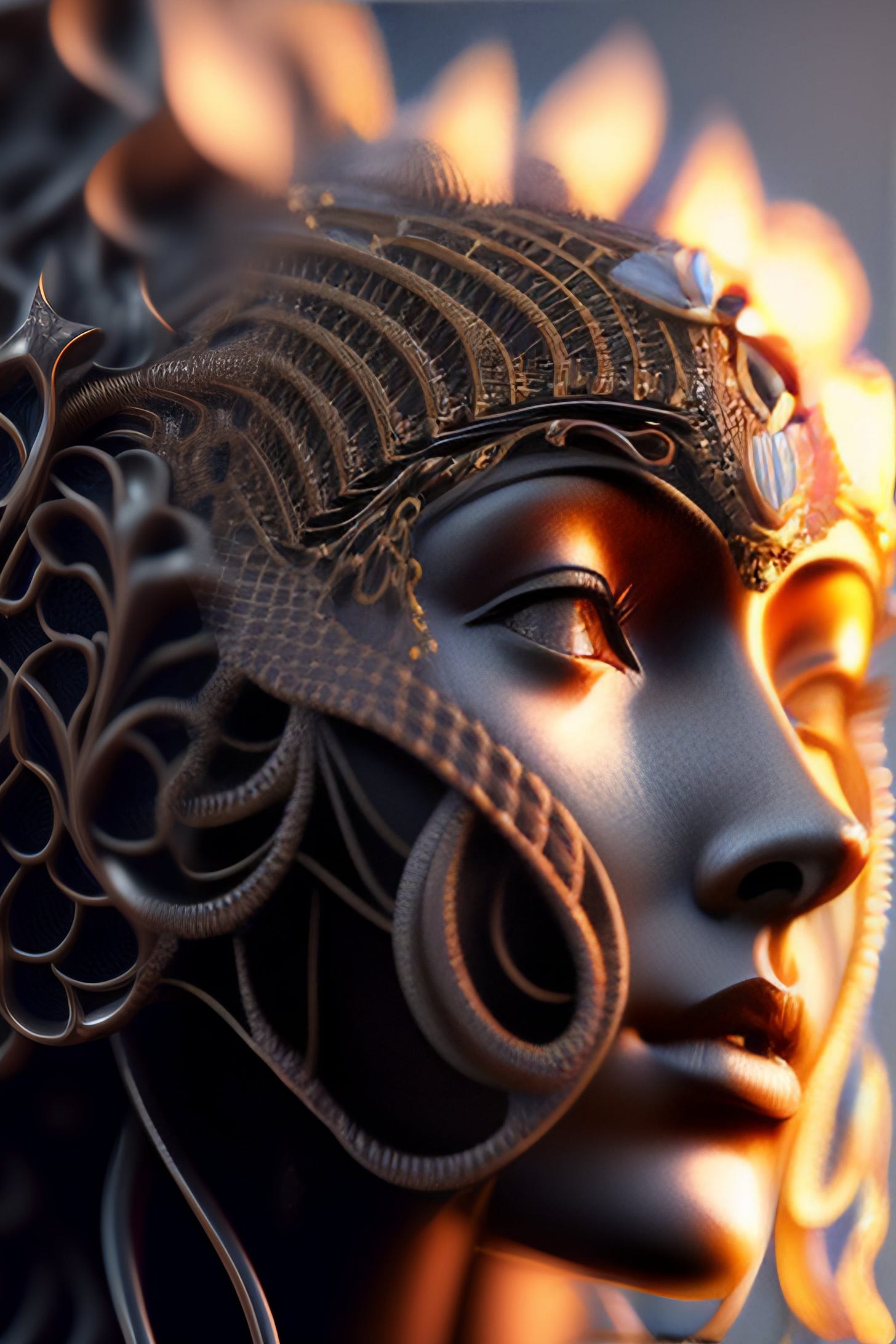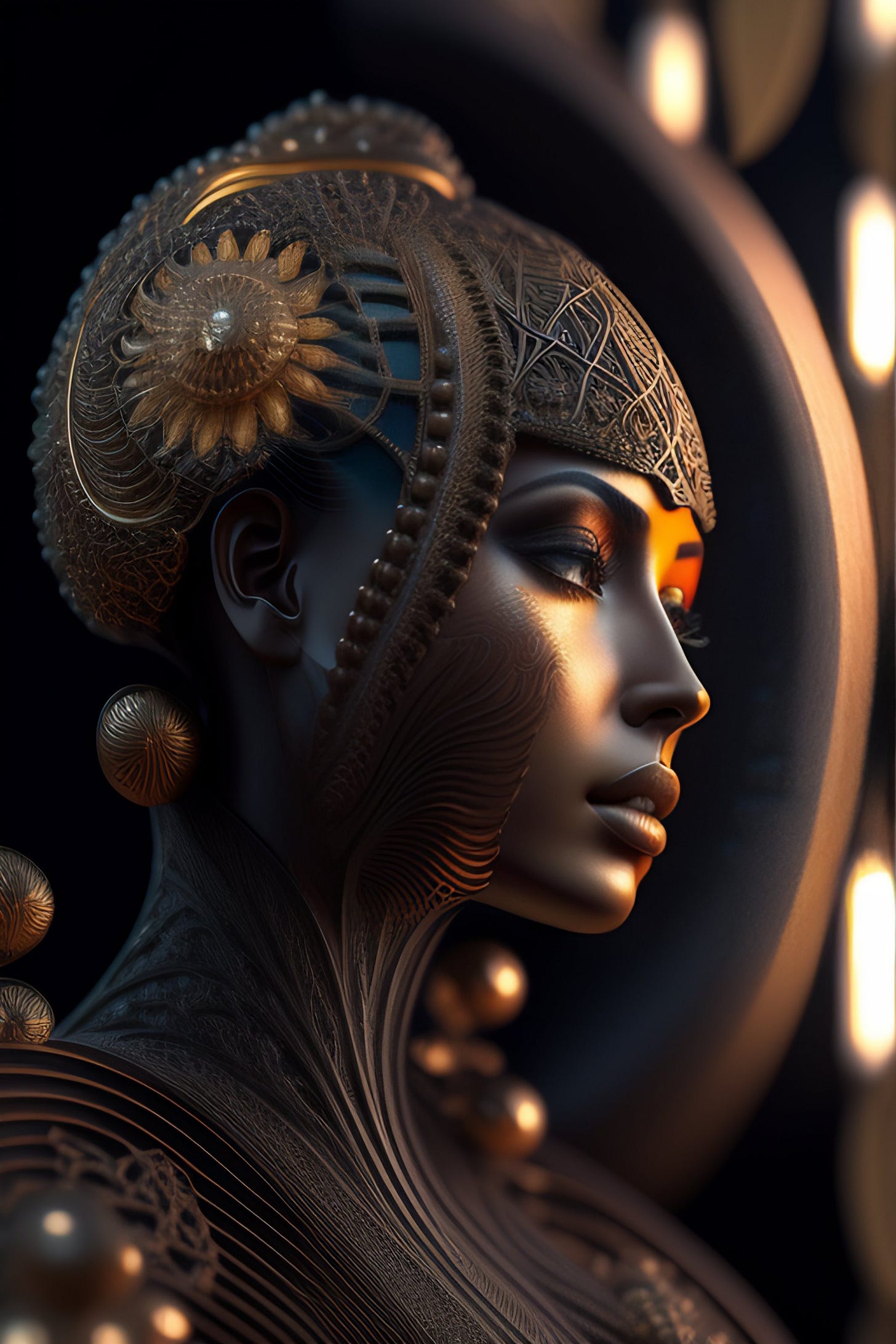Mnemosyne, goddess of memory
Among the last Titans, of language, history and stories
her children, patrons of story and poetry
of the game of imitation the long meme
self-replicating genes of mind,
transformed when rearranged in new minds
All knowledge evolves and replicates
As long as we live, we will play
We will remember
Zeus, King of the Gods of Olympus, sired many deities who shaped the mind of Man.
His mates included Mnemosyne, goddess of memory and time. She was a Titan, one of the children of Uranos, the God of the Heavens, of Space itself.
Mnemosyne was the muse of language, history and stories.
She represented the memory required to preserve and pass knowledge before the age of writing.
Her children, the Mousai, were patrons of knowledge passed through story and poetry.
These were the mothers of the game of imitation that makes up our memories. The Long Meme.
The source of our history, language, and storytelling, is through it's smallest unit, the Meme.
The Greek root for Meme is Mimeme. This includes mimeisthai (to imitate) and mimos (to mime).
Richard Dawkins, in “The Selfish Gene”, coined "meme" but we've been playing this game since the Dawn of knowledge.
It's the longest running game we all play: the imitation game.
Everything you share with others, remember and pass along is made from our memories, made of our lives and learning.
Memes are the self-replicating genes of the mind.
These are our ideas, music, art, culture, trends, fads and fashion - our knowledge fertilizing and replicating themselves in our minds.
But our memories keep evolving.
The Long Meme is the constant revision of our memories. The Long Meme is a game of both imitation and iteration.
Memes evolve when they are replicated, rearranged, repeated to, and reproduced in, other minds.
Our knowledge evolves.
As long as we live, we will play Long Meme.







